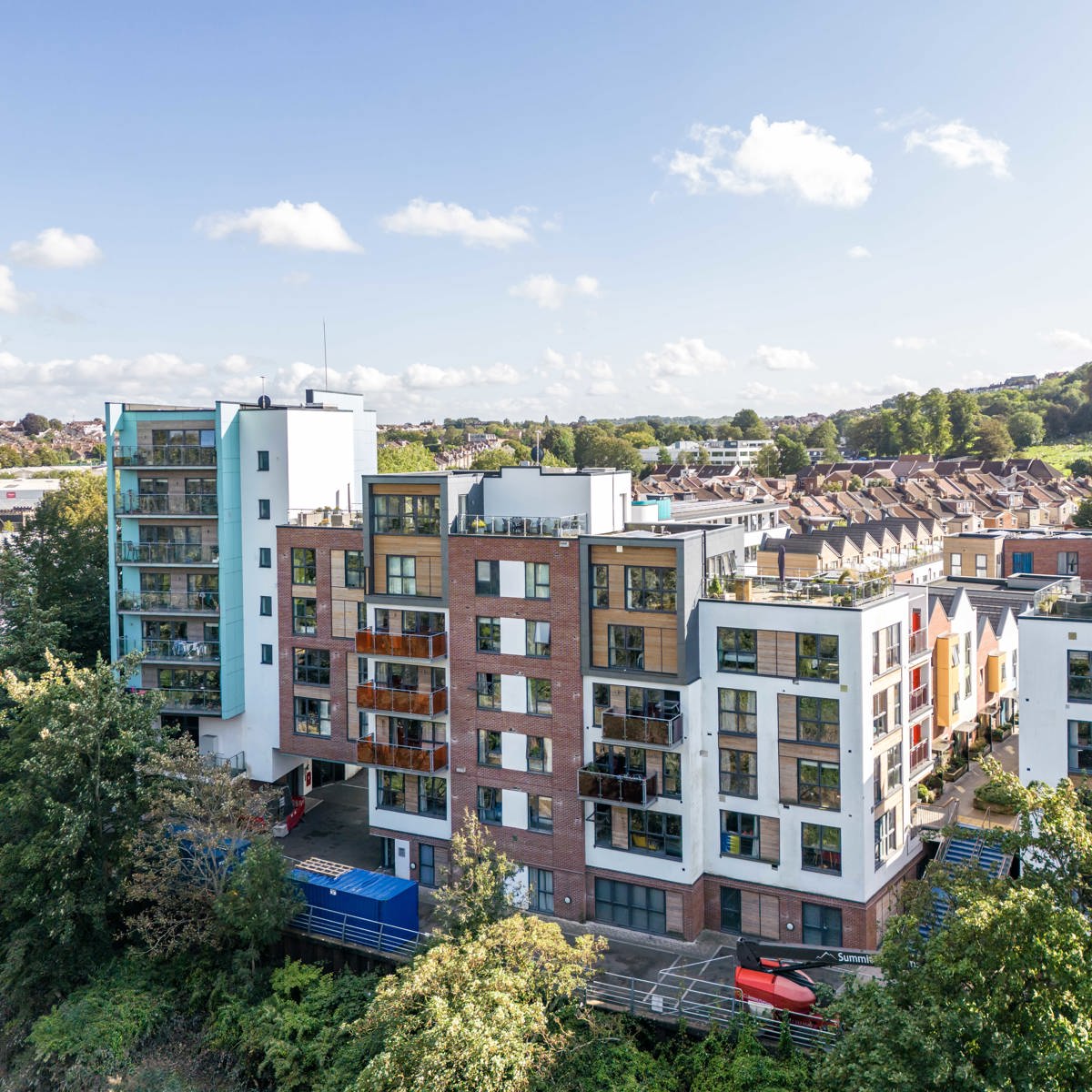
keeping landlords safe and legal
Landlord Regulations 2025
We take the responsibility of ensuring our Landlords are compliant very seriously.
We've collated the latest lettings regulations to help keep you up-to-date and compliant.
We will update this summary as regulations change. If you have any questions or concerns, get in touch with your local office. Our teams will be very happy to help even if you're not an Ocean Landlord.

Renters' Right Act
Our comprehensive guide provides a clear, accessible overview of the Renters' Rights Act, covering every major reform and its practical implications for landlords and tenants.
- Video overview
- Section 21 notice abolition
- End of periodic tenancies
- Rental bidding ban
- Decent Homes Standard / Awaabs Law
- Anti-discrimination rules
Fire, Heating and Gas
Just like employers, landlords have certain legal obligations when it comes to fire safety and protection of their properties and the safety of people who reside in their premises.
Deposits and Certificates
The legislation states that any damage deposit taken on an Assured Shorthold Tenancy needs to be held in Government approved schemes. And EPCs are provided.
Regulations and Tests
Private landlords must understand the requirements under the Housing Act 2004 in relation to the HHSRS, ensure the safety of their tenants, and pass local authority risk assessments.
Financial sanctions guidance
Financial sanctions guidance for landlords and tenants.
Why not let us take care of everything?
With the penalties for non-compliance getting harsher and legislation getting more complex, the easiest way to get peace of mind is to let us take care of everything for you.
Along with managing the property and looking after your tenants, our highly trained, ARLA-qualified property management team ensures you are always kept up to date with legal requirements, provides solutions, and arranges specialist contractors.
With our Complete Management service you can sit back, relax and leave it all to us.

Transparent landlord fees
We're always totally transparent about our fees – we’re open and straightforward about what we charge for our services.
But if anything isn’t 100% clear, or if you have any questions, do get in touch. We’d be very happy to hear from you.